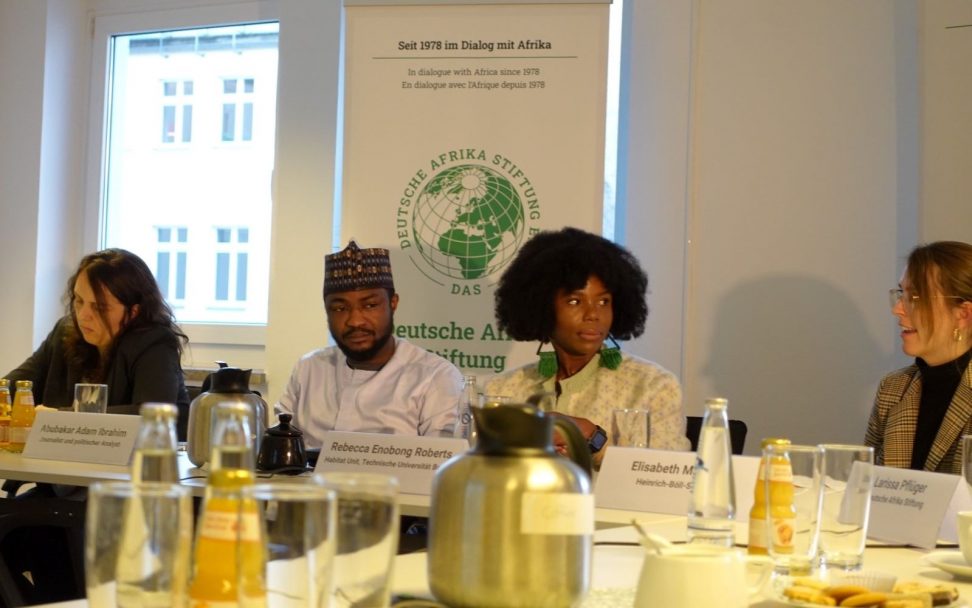Malheureusement, cette page n’est disponible qu’en allemand et en anglais.
On 25 February 2023, Nigeria, Africa’s most populous country, will hold presidential elections. This is a turning point for the country, as the current president, Muhammadu Buhari, cannot run again after two terms in office. Furthermore, for the first time since the state’s return to democracy in 1999, no retired general is running for president. The candidates are former Vice President Atiku Abubakar (75) of the Peoples’ Democratic Party (DCP), Bola Ahmed Tinubu (70) of the current ruling All Progressives Congress (APC) and Rabi’u Musa Kwankwaso (66) of the Nigeria Peoples Party (NNPP). Moreover, 61-year-old Peter Obi, who is considered an outsider, although increasingly popular among the young population, is running for the presidency as candidate of the Labour Party.
For many Nigerians, the election is considered a landmark. Especially among young people, this year’s election is perceived as a watershed in its own right: Although 70% of the population is under 30 years of age, young people have so far had comparatively little influence on political processes and their interests have often been neglected. Regardless of the election outcome, the challenges the new government is facing are enormous. For example, the West African country, which is Germany’s second most important trading partner in Sub-Saharan Africa and plays a central role in stabilising the region, faces great challenges in terms of economic affairs and security policy. Additionally, there are social and domestic tensions that have become apparent in recent years, among other things, in the protests of the young #ENDSARS movement against police violence.
What role do the young population in general and the #ENDSARS movement in particular play in the upcoming election? What demands and expectations do the voters have? And what impact will the election result have on German-Nigerian relations and on Nigeria’s role in the region?
In order to discuss these and other questions together, the German Africa Foundation and the Heinrich Böll Foundation invited to an expert discussion.
Programme
Welcome Remarks:
Sabine Odhiambo, Secretary General, German Africa Foundation
Discussion:
Abubakar Adam Ibrahim, Journalist, Author and Political Analyst
Rebecca Enobong Roberts, PhD Student, Technical University of Berlin
Closing Remarks:
Sabine Odhiambo, Secretary General, German Africa Foundation
Moderation:
Elisabeth Massute, Senior Programme Officer in the Africa Department, Heinrich Böll Foundation
